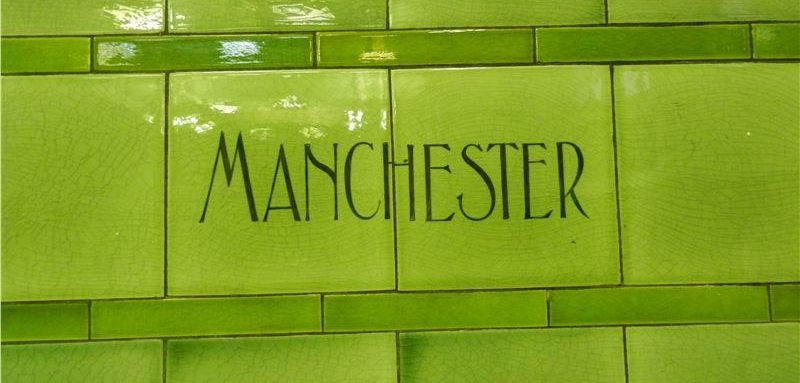
Demonstrating the impact of research is a central theme in academia, and a common goal for many new PhD students alongside successfully completing their projects. In today’s evolving academic landscape, impact extends well beyond traditional outputs, encompassing new forms such as engaging dialogue through podcasts, reaching wider audiences, and contributing to communities beyond the university.
The UK’s Research Excellence Framework (REF) defines impact as “an effect on, change or benefit to the economy, society, culture, public policy or services, health, the environment or quality of life, beyond academia” (REF Impact 2022). This definition has been a touchstone throughout my PhD journey, prompting me to continually reflect on how my research can not only inform but also engage, connect, and create opportunities for collaboration beyond academic boundaries.
My research explores the ‘sober movement’ of the past decade, with a particular focus on the role and use of online sober communities. It investigates how individuals use digital platforms to rethink their relationship with alcohol, both personally and in the context of wider society. To do this, I trace the development of the contemporary sober movement and its connections across local, regional, national, and global online communities. This work also considers the movement’s historical roots in the 19th-century Temperance Movement, which was centred largely in the Northwest of England, and which ultimately drew my attention to the significant links with Manchester and Preston.
Space, Temperance, and Community
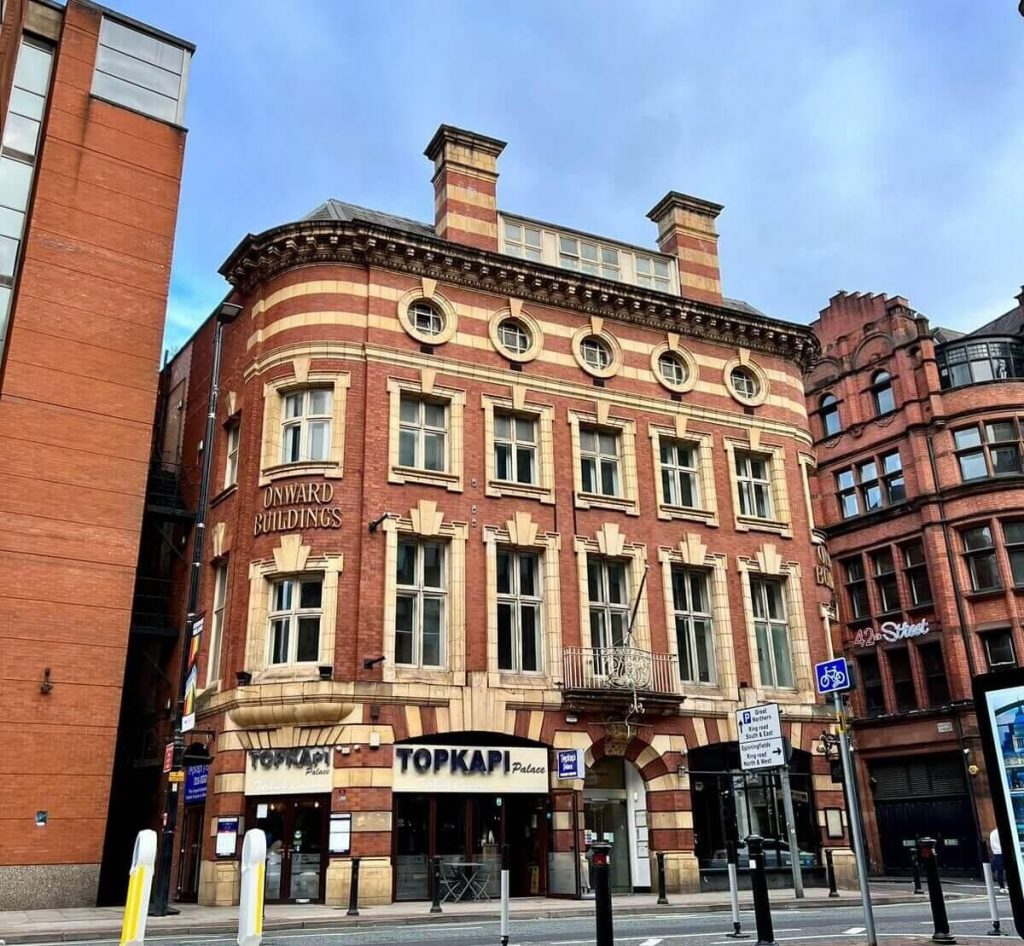
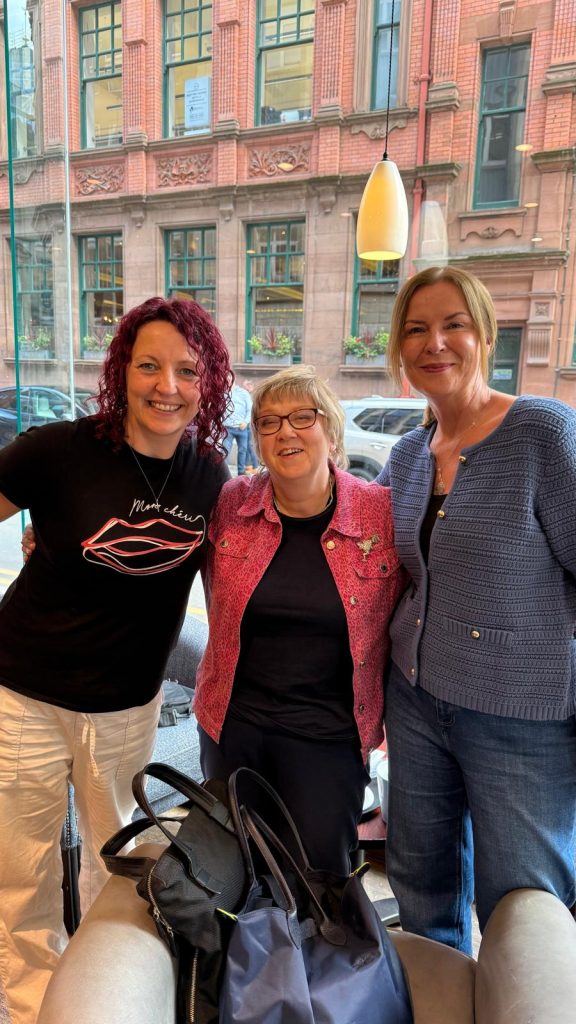
Earlier this summer, I had the opportunity to put these ideas into practice by organising a small event that brought together Manchester Metropolitan University alumni, scholars, and members of today’s evolving sober communities. The event took place at the Onward Buildings on Deansgate—an iconic historic Temperance venue in Manchester that I first encountered five years ago after attending a lecture by Temperance expert Dr. Annemarie McAllister in Preston. Commissioned for the Band of Hope, the building was named Onwards, after a Manchester-based national children’s magazine, launch in 1865, which sought to promote a more temperate way of life.
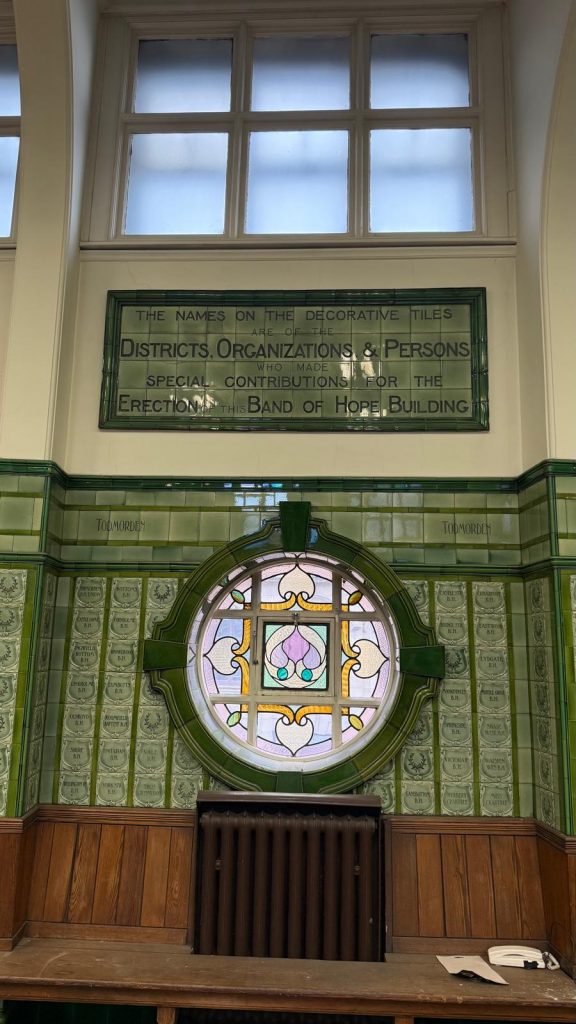
Thanks to the building’s new owner, Mr Muhammad Abdullah (Agha Group Ltd) (a Manchester Met alumnus), we were able to host the event in this symbolic space, which has long been closed to the public. With contributions from Dr. McAllister and Alex Walker, co-founder of Bee Sober, we explored the continuities and contrasts between past and present sober movements. In particular, the discussion highlighted how 19th-century Temperance was rooted in moral and religious ideals, whereas contemporary sober communities often emerge from more diverse, personal, and social motivations – a comparison that proved insightful for all involved.
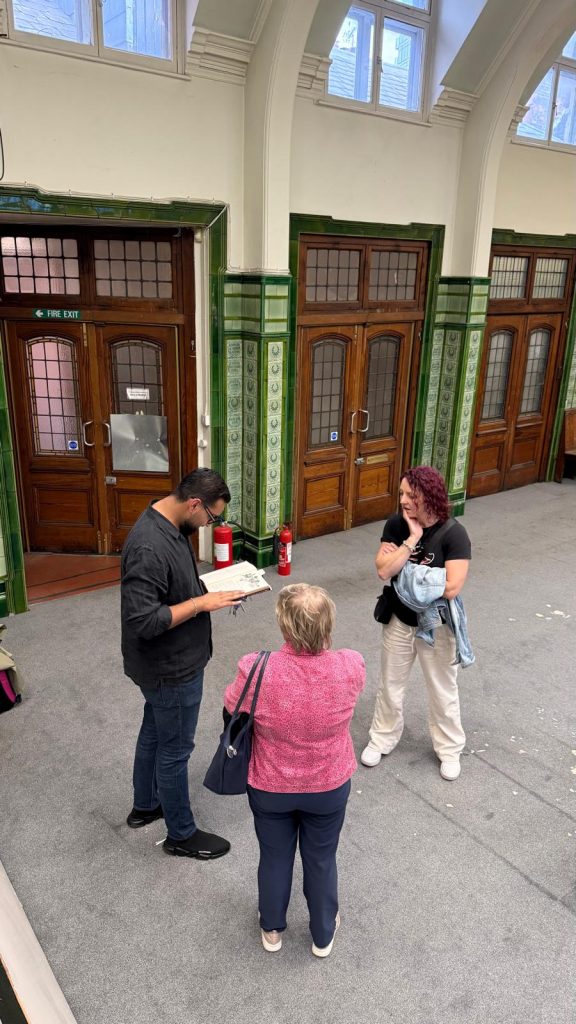
Being in a historically significant, former Temperance building, while examining the links between the two movements brought new energy to the discussion. The space itself became part of the conversation and provided much wanted context for the owner.
Impact Through Collaboration
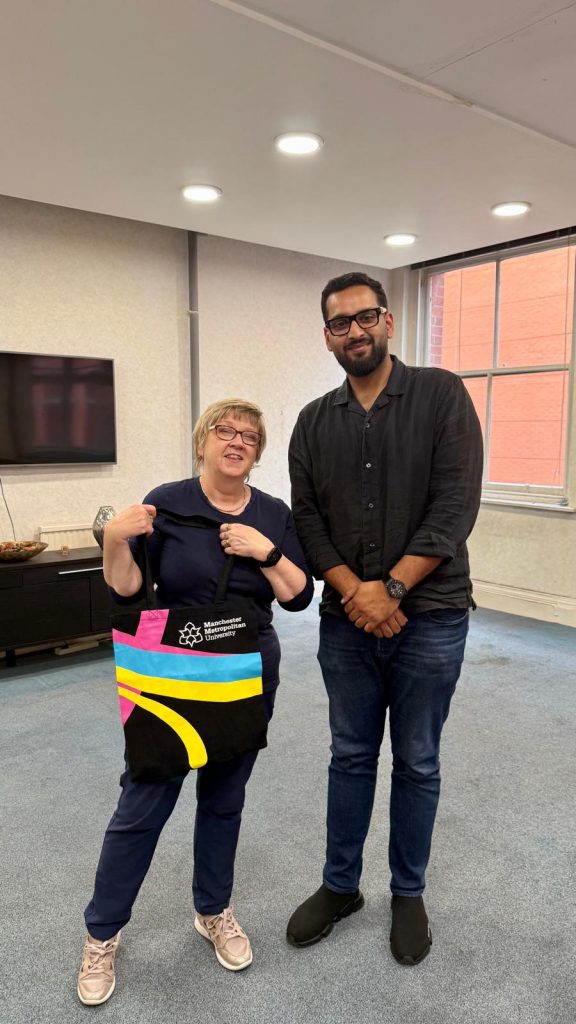
This experience has been a highlight of the PhD journey and acted as reminder of the importance of developing a network to support the research you are doing. It also illustrated how collaboration has the potential to shape and influence your research, whilst also potentially creating meaningful impact. The contributions from Dr Annemarie McAllister, Alex Walker, and Mr Muhammad Abdullah were able to create a setting where academic research met lived experience and saw new connections, with new opportunities, take place.
With further collaboration and discussions in the pipe works, around the development of a working group to support use of the iconic space, there are exciting opportunities to develop further links within my faculty and Manchester Metropolitan University in the future.
With thanks to Manchester Met Alumni and Dr Lucy Webb, Dr Sarah Fox and Dr Kim Heyes for providing support.


